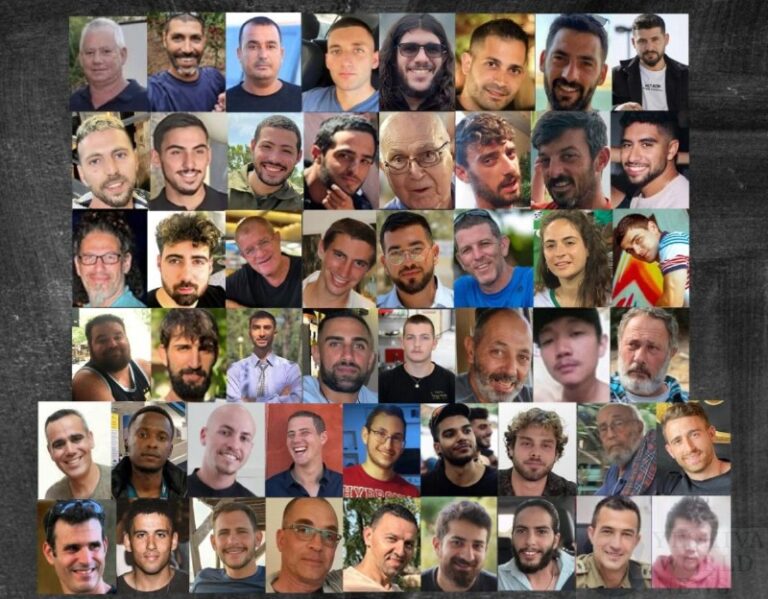This week’s Sedra contains one of the most perplexing portions of the Torah. Avraham Avinu, who preached against human sacrifice at a time when this was a widely accepted practiced, Avraham who had waited for so long for his son Yitzchak, was now being commanded by Hashem to offer him as a sacrifice.
Chazal explain that although Hashem commanded Avraham to bring Yitzchak as an offering he never actually asked him to sacrifice Yitzchak. Keeping this in mind, it is also possible to understand why Hashem made such a demand from Avraham. The meaning of the word ‘Nissayon’ is a ‘test’. However, to test someone it is necessary to challenge that person. In order to challenge Avraham, who was prepared to do anything for Hashem, Hashem had to ask Avraham to go against everything for which he stood. Hashem in effect demanded from Avraham to trust in Him purely for the sake of trusting Hashem.
Nonetheless this whole episode is complex, and requires much explanation.
The Midrash complicates matters even more by adding the following details. The Midrash explains that Yitzchak was completely aware of his father’s intent to slaughter him as a sacrifice, but was nevertheless prepared to comply if this was God’s will. The Midrash also tells us, that while Avraham and Yitzchak where on their way to the Akeida, the Satan approached first Avraham Avinu and tried in various manners to dissuade him from offering Yitzchak. Failing there, he tried his luck on Yitzchak and here too at first, met the same fate as he had with Avraham. In another, final attempt, he managed to cause Yitzchak a bit of hesitation. One would think that the Satan’s argument to dissuade Yitzchak would be philosophical or ethical. To the contrary, he came with an argument that appears to be sophomoric.
The Satan first argued that it couldn’t possibly be God’s Will for him to be sacrificed. Yitzchak’s retort was that if Hashem so commanded his father, so be it. The Satan then argued: ‘if you were sacrificed and hence ceased to be, your enemy Yishmael would take everything which that is now yours for himself. Not only would he be the only heir to your father, but he would also grab even the toys that your mother made for you.’ The Midrash tells us that at the mention of Yishmael’s taking the toys his mother made for him, Yitzchak began to hesitate.
What is going on? Our great Yitzchak Avinu is ready to give up his life for Hashem, but the mention of his childhood toys is making him hesitate?
Taking a closer look at the Midrash, we notice that the Satan emphasizes “that your mother made”. The Satan wasn’t worrying Yitzchak about mere toys, but rather inducing him to become concerned with his mother’s feelings, with his mother’s sentiments. Yitzchak reckoned more with his compassion for others than with anything else. His own life and possibly his eternity were at stake, yet he still had not the slightest hesitation to perform Hashem’s will. However, the mere possibility of causing his mother emotional distress did make him hesitate, even if only briefly.
Our forefather Yitzchak put the needs of others before all else.
A-Gut Shabbos, Rabbi Y. Dov Krakowski.










